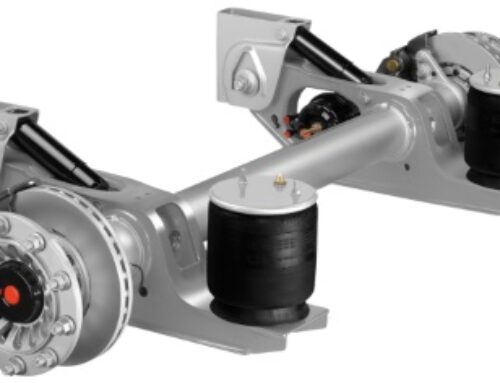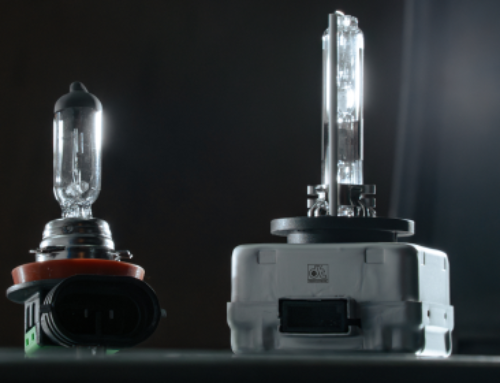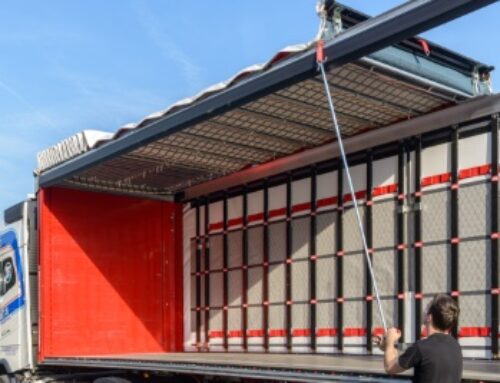Solving oil problems with Permex
 Chris Knight of lubrication equipment specialist Permex troubleshoots some tricky workshop scenarios
Chris Knight of lubrication equipment specialist Permex troubleshoots some tricky workshop scenarios
With so many challenges facing fleet operators today, it’s good to know there is help at hand.
Permex has recently fitted five cunning bits of equipment which might help you, too.
The last thing you need is an oil spill because your waste tanks have been inadvertently overfilled. But a major fleet operator realised that was exactly what could happen to them.
The firm had experienced an issue recently, so knew that the sounder on their waste tank alarm was routinely muted as soon as it went off.
The company had also found that, after modifying the layout of one of their workshops, their mechanics using the waste oil pumps at the far end of the building could no longer see the flashing warning light of the tank’s high-level alarm.
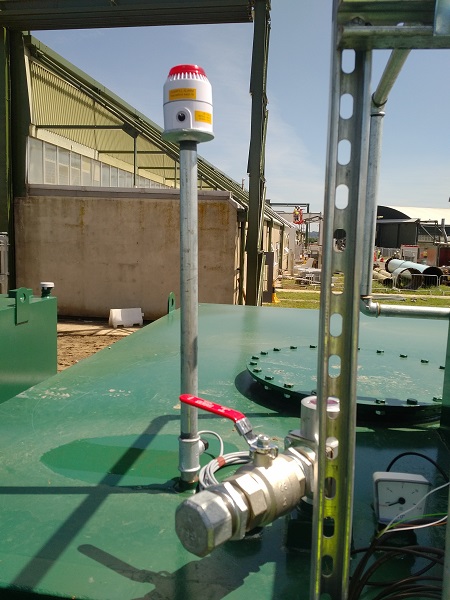 To make matters worse, they were aware that dirt and particles in their waste oil had previously stopped their waste tank’s overfill prevention valve from closing effectively.
To make matters worse, they were aware that dirt and particles in their waste oil had previously stopped their waste tank’s overfill prevention valve from closing effectively.
The operator was keen to avoid everyone’s nightmare scenario of overflowing waste oil contaminating the environment, and the fines this could provoke. To prevent this, they instructed Permex to provided two things.
One was a ‘wireless’ RF repeater beacon and alarm located at the far end of the building. The receiver unit was powered from a local electrical supply adjacent to the furthest waste pump, and the sender unit was powered from the existing alarm which removed the need for expensive and disruptive wiring across the whole building.
The second was a set of automatic Permex ‘WasteCut’ valves fitted to all their remote pneumatic waste pumps, to prevent any of them from operating if the tank was already full.
The third new product would help all managers faced with having to replace expensive hose end meters, hose reel springs and even whole hose reels because of damage caused by uncontrolled retraction of the hose.
We have all seen the hose slip from someone’s hand or them just letting go, leaving it to rewind back across the workshop at speed – and the problems this causes can be costly.
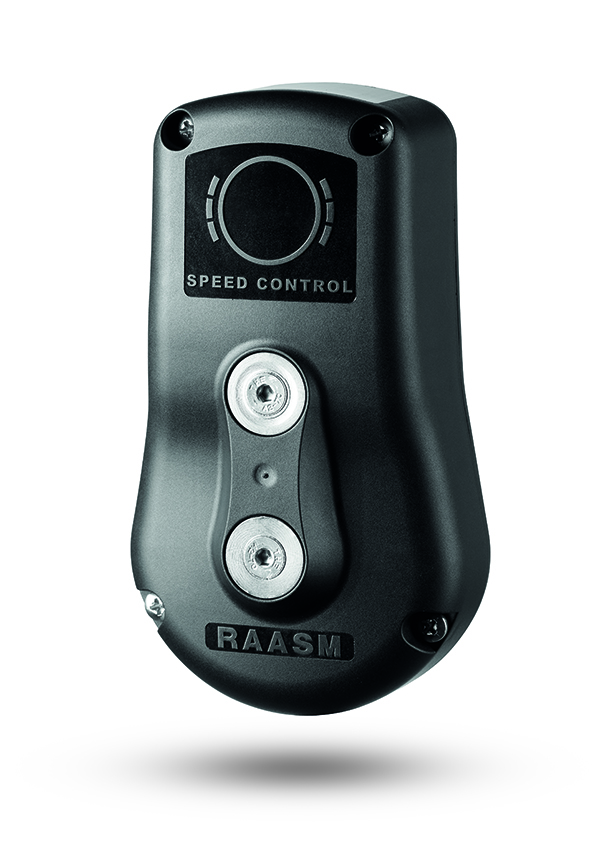 The solution is a speed limiter that can be retrofitted to Raasm hose reels which reduces the rate of retraction and avoids harm to people as well as equipment.
The solution is a speed limiter that can be retrofitted to Raasm hose reels which reduces the rate of retraction and avoids harm to people as well as equipment.
The fourth new product has helped another company who found the information and security of their existing Oilwatch fluid control system so useful, that they wanted to extend it to their new workshop, too. However, by the time the workshop fit-out was nearing completion they still hadn’t decided which office they wanted the Oilwatch computer in.
Rather than call the installers back once the decision had been made, the Oilwatch interface was connected via an enhanced communications device to their local area network so that any of the computers on their network could be chosen to run the system.
This saved money straight away and gives them flexibility now and into the future.
The fifth item ensures that if there is a fire at your premises, your oil pumps won’t add to the problem by pumping oil onto the flames.
Pneumatic pumps work on a brilliantly simple idea and function so reliably that it’s easy to forget about them. In a similar way to your building’s mains water pipes, your oil supply pipes and hoses will be pressurised all the time that compressed air is connected to the pumps.
Even when the compressor itself is off, the stored air in the receiver can still provide power to pump a lot of oil. When the pressure drops in the output pipework, that pump will automatically spring into life, pumping oil until its equilibrium stall-pressure is reached.
Unfortunately, if a pipe starts leaking or a hose bursts because of old age, because it has been damaged by being driven over, or melted through in a fire, the pump will keep pumping oil over your workshop until the oil or the air runs out. Regular hose inspections help, but don’t eliminate the risk.
The Permex ‘Aircut’ system automatically cuts off all the pumps when the building is unoccupied. Now it can also be connected into your fire alarm system, so the pumps are also disabled the instant that your fire alarm is triggered.








